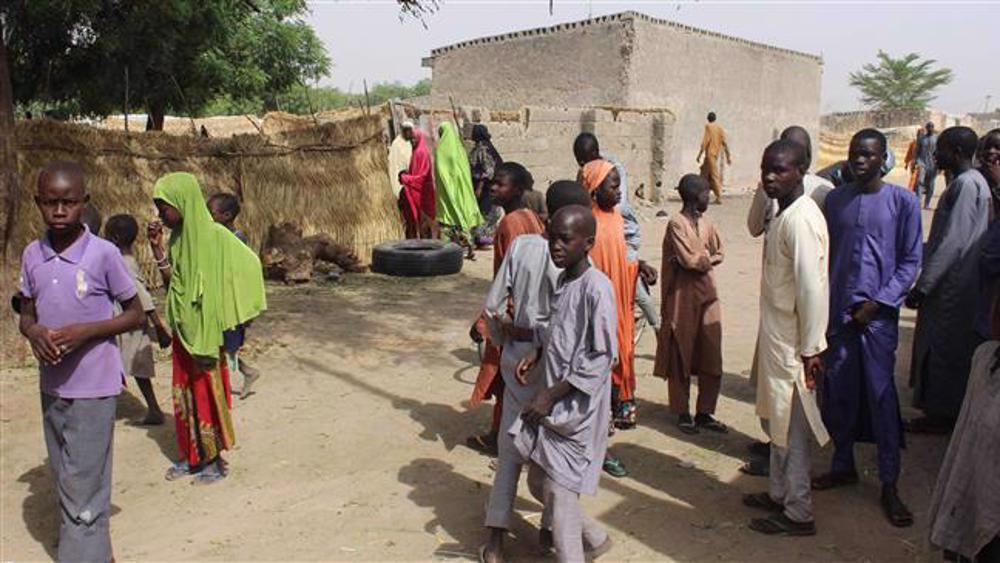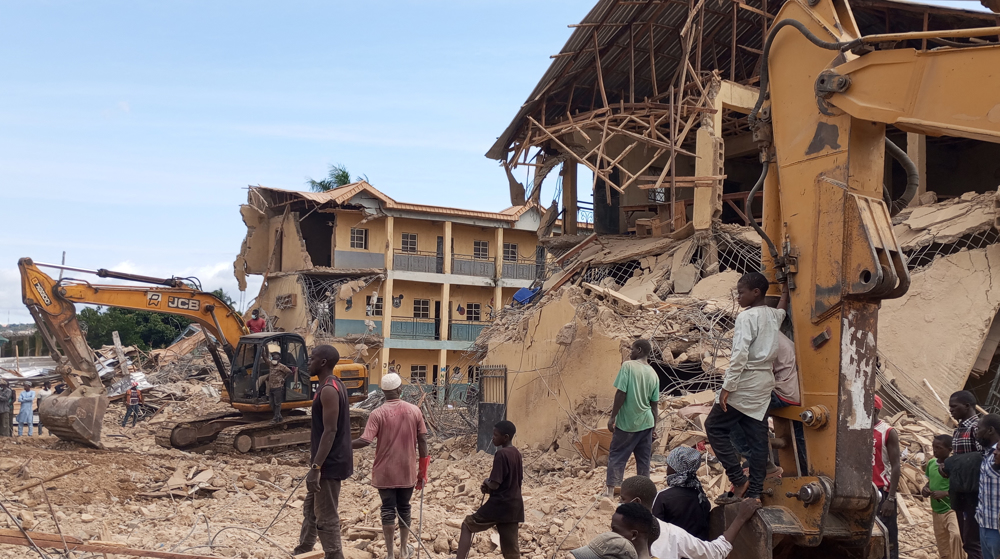World Bank warns about rise in crimes in Nigeria due to surging inflation
The World Bank has warned about surging inflation and soaring food prices that have pushed seven million people in Nigeria into poverty and are encouraging crimes.
Presenting its update of six months on development in Africa’s most populous country, the Washington-based lender said in a report on Tuesday that the food price increase in May was at 22.28 percent.
"Food prices accounted for over 60% of the total increase in inflation. Rising prices have pushed an estimated 7 million Nigerians below the poverty line in 2020 alone."
The World Poverty Clock, which uses data compiled by the World Bank, the United Nations, and the International Monetary Fund (IMF) to monitor progress against poverty, says Nigeria had 41 percent of its population – or nearly 87 million people – living in extreme poverty on less than $1.90 per day.
Shubham Chaudhuri, the World Bank Country Director for Nigeria, said the worsening insecurity had impacted the Nigerian economy.
"Nigeria faces interlinked challenges in relation to inflation, limited job opportunities, and insecurity.”
“While you have many people going into the informal sector and hustling, criminal activity has become one of the options to get by,” he said.
“In the context of rising inflation, that means a further deterioration of the purchasing power and livelihood of many Nigerians.”
A surge in insecurity in Nigeria over the past years has further slowed economic activity and left more people unemployed.
In addition to militancy by the Takfiri terrorist groups such as Boko Haram and Daesh, armed gangs in Nigeria – referred to as “the bandits” – have recently stepped up attacks on villages and schools, kidnapping students for ransom.
President Deby: French troops will leave Chad by end of January
Toxic waste removed from India's 1984 Bhopal gas tragedy site
Gaza police chief, deputy killed in airstrike on humanitarian zone
South Korea's Yoon vows to ‘fight until end’ despite facing arrest
Alawites targeted as HTS militants launch crackdown on Homs
VIDEO | Press TV's news headlines
Putin orders government, top bank to develop AI cooperation with China
Martyr Soleimani is beacon of inspiration for freedom seekers worldwide: Official











 This makes it easy to access the Press TV website
This makes it easy to access the Press TV website